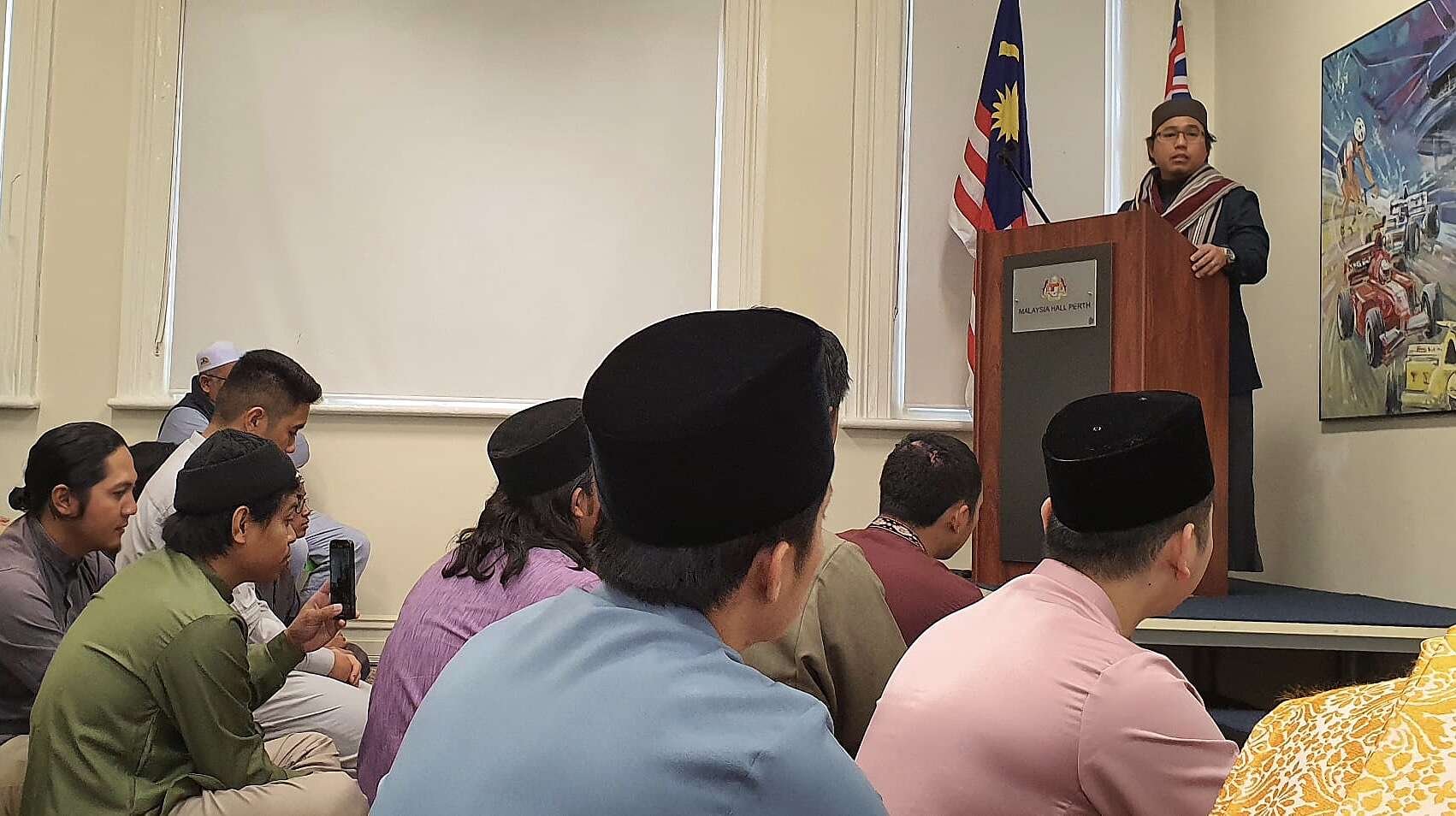
Eid al-Adha, the Festival of Sacrifice, is the biggest celebration in Islam. It is preceded by the Day of Arafah — the greatest day of the year — and followed by three more days of celebration. The entire celebratory week is meant to commemorate the lives and legacies of Prophet Ibrahim and his family.
The Quran tells us that Ibrahim alayhissalam was tested by Allah since he was young, and he aced all of them. From being thrown into the fire to being chased out of his town to having to leave his wife and only son (at that time) in the middle of nowhere to have to sacrifice his son. He passed all of them, and because of that, he was made a leader of humankind.
If there were ever a time to rest on one's laurel, this would be it. God, Himself declared that He is pleased with Ibrahim. Yet Ibrahim did not rest. Now that he has been promised salvation, his focus shifted to his future generations. He asked Allah whether his progenies would obey Allah like him. Of all the stories of prophets in the Quran, we see that Ibrahim has the most concern about the salvation of his progenies. Allah recorded many du'a of Prophet Ibrahim about his children and progenies.
Now that I have my children growing up in a western country, I find the concerns of Ibrahim to really connect with me. I do not want Islam in my family to end with me or my children. I'd want it to continue until the end of time.
During this time of Eid, I think it is an excellent time to reflect on some lessons from Ibrahim on religious education (especially with family).
1. Having a balanced approach to religion.
One outstanding characteristic of Ibrahim when it comes to his belief in God is the use of logic in his arguments. Ibrahim's approach to Iman is a balanced path between reason and revelation. Such balance can clearly be seen in his dialogues with his people (the story of Ibrahim pointing to the stars, the moon and the sun) and King Nimrod (the story of the two prisoners).
Our children today have a thousand and one questions about religion. We should never stop our children from asking questions. If we can't find the answer, find someone who can. Islam is a religion that encourages us to use our minds and challenges us to think. Islam is a religion that honours the intellect.
At the same time, our intellect must be guided by revelation. Imam al-Ghazali equates revelation to light and our intellect to eyesight. Without eyesight, we can't see the light. Without light, the eyes can't see anything.
2. Making religious rituals part of family activity
When Allah commanded Prophet Ibrahim to build the Kaabah, he roped his son, Ismail, to help him. We must make religious rituals part of the family activities. Pray together, read Quran together, read the hadith and stories of the Prophet together. A family that prays together stays together.
It is also imperative that we make our masjids children friendly. We cannot expect children to sit quietly when they come to the masjid. They will make some noise; they will be playing around. It is the duty of the adults to be understanding, and the parents must brief and teach the children some basic adab of being in the masjid. The masjid during the time of the Prophet had children running around in it. Children that grow up in the masjids will be the ones attending them when they become adults.
3. Not limiting religion to the prayer mat only
Another thing we learn from Ibrahim is that he does not limit religious education only to specific conditions. He would be doing some projects with his son and talk to him about Allah's commands.
One take-home lesson for me is that we should have some projects that we are working on together with our children. Those projects or hobbies will bring us closer to them. And we should weave Islamic education into those activities. It can be a walk in the park or biking together, or hiking, or woodworking — something that our children and we enjoy — and use that time to talk about the Deen.
Religion should never be restricted only to the prayer mat or the four walls of the madrasah.
4. Making lots of du'a
Finally, Ibrahim made lots of du'a for his children and progenies. He would make du'a that Allah protect them from idol-worship, that Allah makes them establish the prayers, that Allah accept their good deeds and many more.
We should never forget our children in our du'a, and we should never underestimate the power of du'a. As our children grow up, our contact hour with them becomes lesser and lesser. We are going to have very little control of our children and their lives. Raise our hands to the sky, and ask Allah for His protection over our children.
-
Excerpt from my Eid khutbah yesterday at Malaysia Hall Perth.